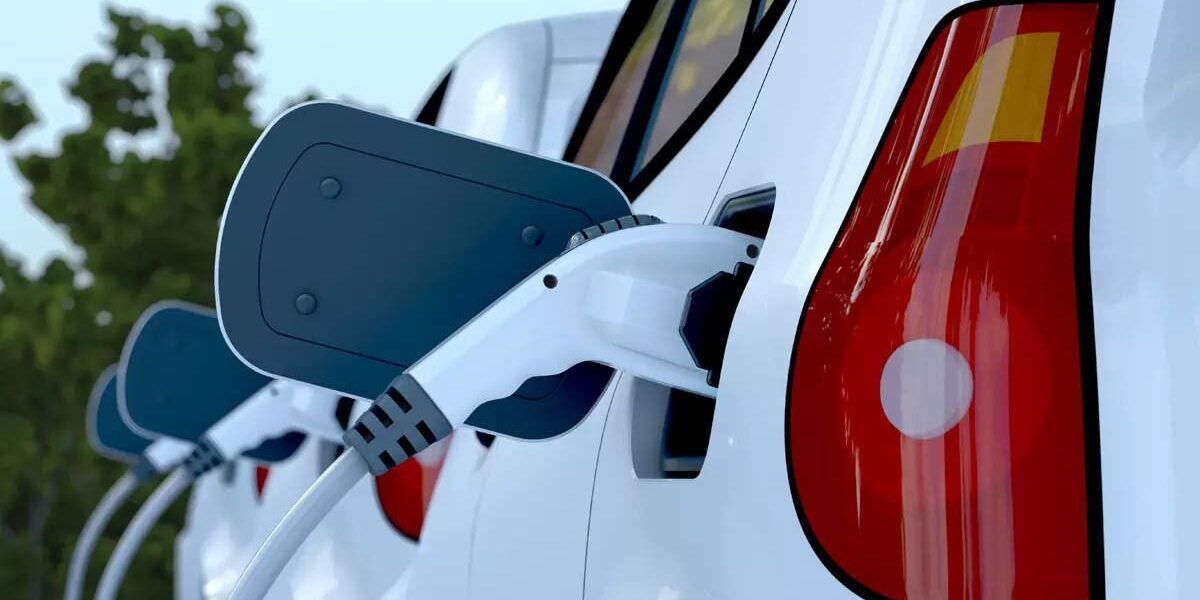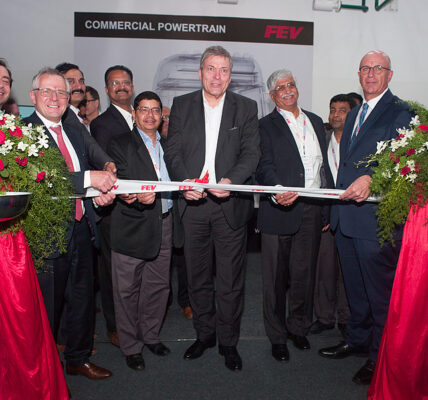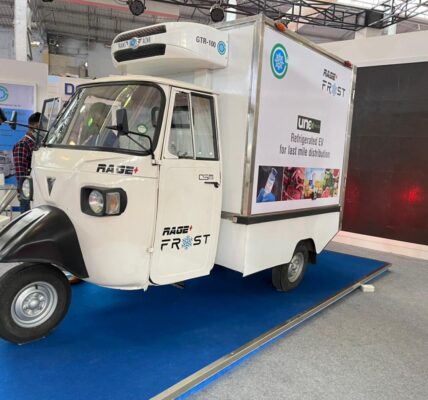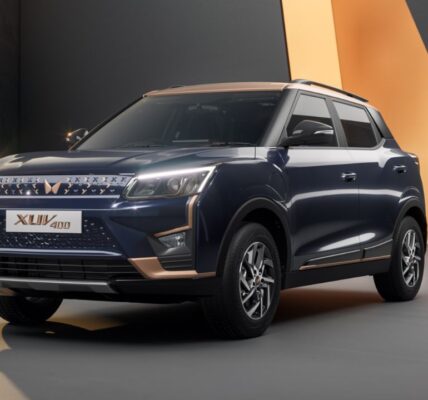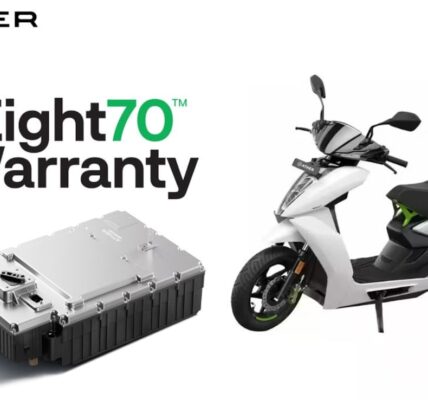FICCI has proposed to India’s ministry of heavy industries that the existing Faster Adoption and Manufacturing of Electric Vehicles-II (Fame-2) scheme be extended to Fame-3, the industry body said. FICCI wants the scheme — which expires on 31 March 2024 — to be extended for five years, with a review at the end of three years.
The Indian government has targeted for EVs to represent 30pc of new car sales by 2030, but cut the demand incentive provided under the Fame-2 scheme to 10,000 rupees/kWh ($120/kWh) from 1 June, down from Rs15,000/kWh earlier.
Current EV prices are at a large premium to prices of internal combustion engine (ICE) vehicles, which discourages consumers, the industry body said. “Let us not forget that the current price premium of EV vis-à-vis ICE without any subsidy is still substantial ranging from 40pc to as high as 130pc for various segments,” FICCI EV committee chairperson Sulajja Firodia Motwani said. “Given this reality, continuation of demand incentive or subsidy is imperative and critical to help reduce this price gap.”
Sudden discontinuation of subsidies will raise EV prices by 25pc and impact further investments in the EV sector, FICCI said in the proposal. It is necessary to continue subsidies in order to reach the government-set target of 30pc EV penetration by 2030, it added. Continuation of demand incentives for the next five years will support the adoption of 30.5mn EVs, according to FICCI’s calculations.
FICCI recommended that subsidies continue until EV penetration “crosses a certain threshold value in each segment”, without providing further details. The subsidies can be slashed and then withdrawn after prices of EV batteries and components fall over the next few years, it said.
FICCI recommended that Fame-3 include segments such as trucks, personal four-wheeler vehicles and private buses, in addition to two-wheelers and three-wheelers. It also recommended that other green technologies such as hydrogen fuel cell vehicles be considered for subsidies.
The cut in subsidies from June had affected sales for a couple of months, but the market has since rebounded. Indian EV sales rose to 152,613 units in November, up by 9.2pc from a revised 139,814 units in October and by 26pc from November 2022, according to data on government website Vahan. Two-wheeler sales continued to comprise the majority of Indian EV sales at 91,253 units or 60pc of the total, with sales up by 22pc from October and by 18pc from a year earlier.
But market penetration was low, with EV sales comprising only 5.3pc of total vehicle sales in November. Penetration has remained range-bound at 5-7pc over the last two years.


